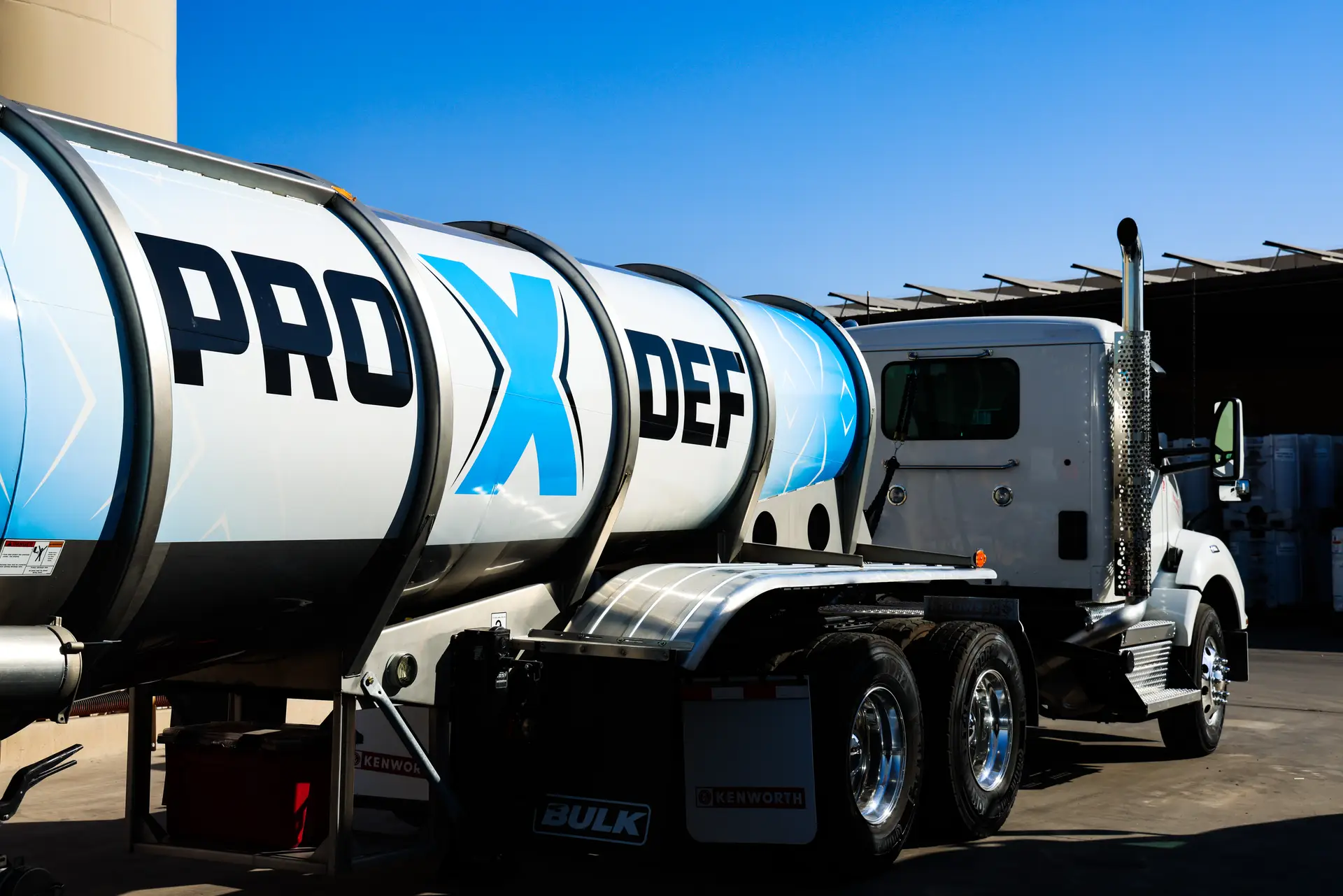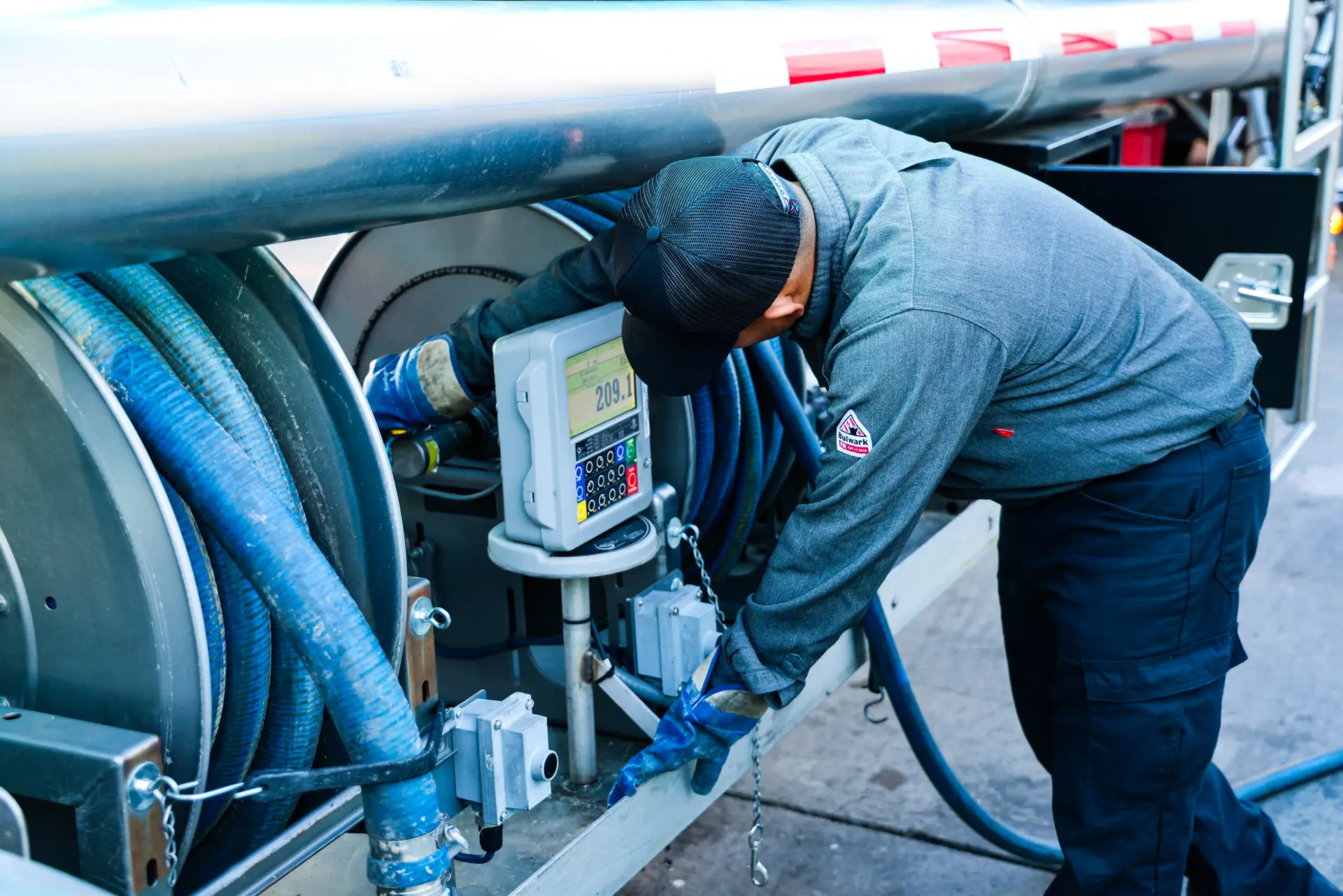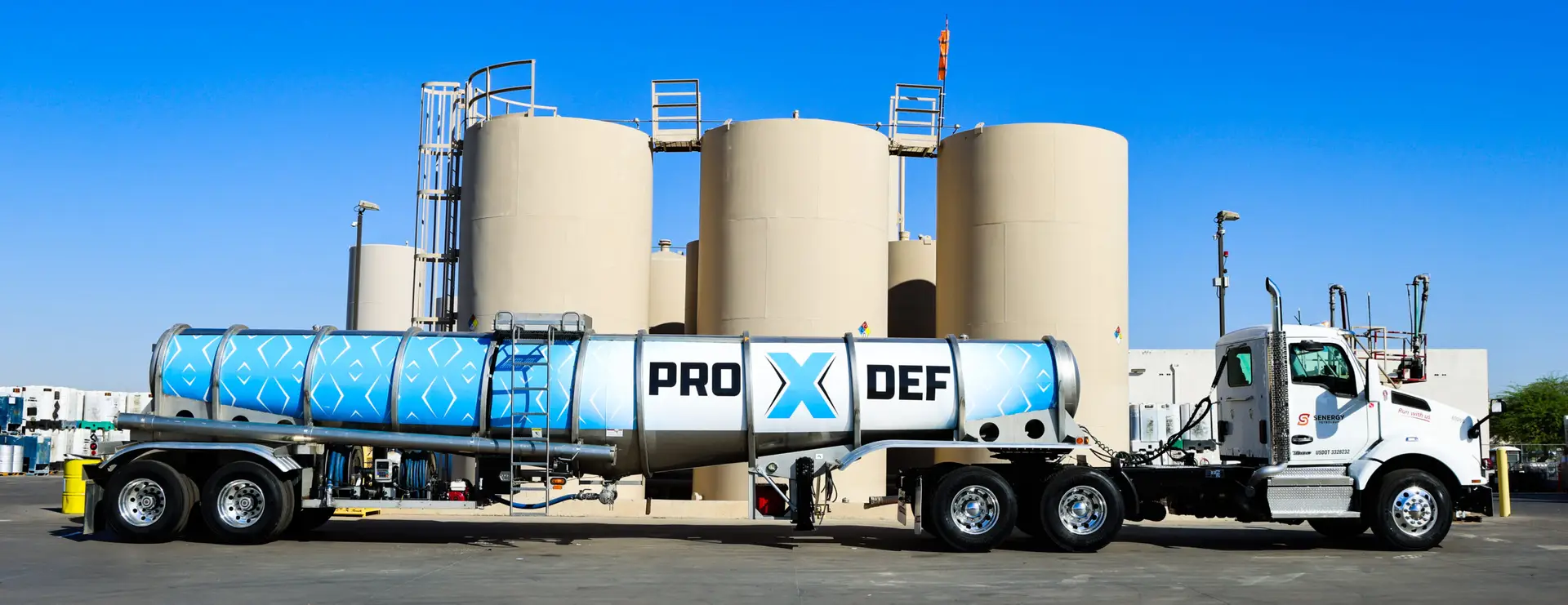Diesel engines are the backbone of transportation, construction, agriculture, and countless business operations. Their power and reliability keep supply chains moving and businesses productive. However, diesel emissions have long been a concern for regulators and the environment. This is where Diesel Exhaust Fluid (DEF) plays a critical role. By reducing harmful nitrogen oxide (NOx) emissions, DEF ensures that diesel engines meet stringent emission standards while continuing to deliver high performance. Companies that rely on diesel-powered fleets and heavy-duty vehicles need to understand what DEF is, why it is required, and how it supports long-term regulatory compliance. More than just a fluid, DEF is an essential component of modern diesel engine technology, protecting air quality while allowing fleets to operate efficiently without regulatory setbacks.



